Research and Outreach
Research is not just for graduate-level students. Undergraduates have the opportunity to participate in a variety of kinesiology research interests as well.
Kinesiology Research Centers, Institutes, and Labs
Health Behaviors and Cognition Lab (HBCL)
The Health Behaviors and Cognition Laboratory (HBCL) is focused on the relation between health-oriented behaviors and the modulation of neural networks underlying aspects of higher-order cognitive function. A key area of this work is on the application of these behaviors as a means for improving cognitive health, academic performance, and effective functioning in typically developing populations as well as within individuals suffering from cognitive and attentional disorders. Directed by Matt Pontifex, Ph.D.
Human Energy Research Lab (HERL)
Originally established in 1953, the Human Energy Research Laboratory (HERL) continues a long tradition of cutting edge research investigating the anatomical and physiological effects of various types, intensities, and durations of physical activity with the primary goal of enhancing human health and well being. Directed by David Ferguson, Ph.D.
Institute for The Study of Youth Sports (ISYS)
The ISYS was founded by the Michigan Legislature in 1978. The current mission of the Institute is to provide leadership, conduct scientific research and engage in service or outreach that transforms the face of youth sports in ways that maximize the beneficial physical, psychological and social effects of participation for children and youth while minimizing detrimental effects. Directed by Karin Pfeiffer, Ph.D.
Physical Activity in Youth With Disabilities (PLAY'D)
The PhysicaL Activity in Youth with Disabilities (PLAY’d) Lab seeks to enrich the lives of infants, toddlers, and children with and without disabilities by increasing opportunities to be physically active. Much of our research seeks to understand how promoting physical activity behavior in early life influences body composition and motor skills throughout childhood. The PLAY’d Lab focuses on the health and development of typically developing children and children with Down syndrome and Autism Spectrum Disorder. Directed by Janet Hauck, Ph.D., CAPE
Spartan Motorsport Performance Lab
Working with leading drivers, teams and organizations across professional motorsports, the Spartan Motorsport Performance Lab is continually pioneering research on this fast-paced world. The lab runs a number of concurrent studies, and is operated by David Ferguson, Ph.D.
Motor Learning and Rehabilitation Engineering Lab (MOTRE)
Research in the Motor Learning and Rehabilitation Engineering Laboratory aims to understand the fundamental questions of motor learning – (i) how do humans learn to produce skilled and coordinated movement, and (ii) how is this ability altered in the context of development, aging, and movement disorders? By discovering underlying principles of motor learning and using these as a basis to develop novel training paradigms, our goal is to facilitate motor skill learning, especially in the context of the rehabilitation of movement disorders. Directed by Rajiv Ranganathan, Ph.D.
Motor Neuroscience Lab (MNL)
Research in the Motor Neuroscience Laboratory (MNL) uses behavioral and neurophysiological techniques to address questions about brain mechanisms underlying human motor control. Although the lab is primarily oriented towards basic research, knowledge gained in this research is relevant in the context of understanding motor learning processes, and rehabilitation of motor disorders. Directed by Florian Kagerer, Ph.D.
Neonatal Nutrition and Exercise Research Lab (NNERL)
Dr. Ferguson’s lab is currently investigating how early life nutrition influences cardiovascular function and exercise capacity with the long term goal of developing therapeutic countermeasures for the treatment of cardiovascular disease. Directed by David Ferguson, Ph.D.
Kids at Play Lab (KAP)
The Kids at Play (KAP) Laboratory is devoted to research on movement in children and adolescents, from toddlers through high school. Main areas of focus are physical activity assessment, physical activity interventions and program evaluation, and fitness and motor competence. Undergraduate and graduate student researchers are important partners in our work. Directed by Karin Pfeiffer, Ph.D.
Sensorimotor Development Lab (SDLAB)
In the Sensorimotor Development Lab, our focus is in the area of motor development throughout the lifespan, specifically in the context of how infants and young children learn to interact with the surrounding environment. We predominantly study reaching and grasping — with an emphasis on how new behaviors and movement patterns emerge out of previous ones. Directed by Mei-Hua Lee, Ph.D.
Athletic Injury and Rehabilitation Labs (Air Labs)
The Athletic Injury and Rehabilitation Labs is co-directed by Drs. Tracey Covassin, Matt Harkey, and Nicole Hoffman. Drs. Covassin and Hoffman’s research focuses on how to improve assessment, recovery and rehabilitation following sport related concussion. Dr. Harkey’s research focuses on monitoring patients following knee injury to determine how biomechanics and structural imaging techniques can identify patients at high risk for developing early arthritis.
Sports Skills Program (SSP)
The Sports Skills Program (SSP) provides opportunities for participation in sport and physical activities to children and adults with disabilities through the coaching efforts of our undergraduate students in our Adapted Physical Activity course (KIN 465). Directed by George Harnick, M.S.
LAB Exercise & Cardiovascular Health Outcomes (ECHO) Lab
Research in the ECHO Lab is focused on furthering our understanding of the cardiovascular responses to exercise across the spectrum of health and disease. We use assessments of cardiovascular health at rest, during exercise and after exercise to i) gain insight into the physiological mechanisms contributing to normal and abnormal cardiovascular responses to exercise, and ii) examine individual cardiovascular responses to exercise and compare the differences between low and high exercise responders. Directed by Katharine Currie, Ph.D.
International Research on Youth Sport, Physical Activity & Health (IRYSPAH) Lab
The IRYSPAH lab uses sport and physical activity-based Positive Youth Development intervention programs to nurture youth life skills, various youth development outcomes, health, and well-being. It seeks to increase the reach of sport and exercise psychology research and practice to underserved and less studied populations and in the process develop context-specific approaches to advance international and cross-cultural dimensions of research in youth sport and PA. The lab’s third goal is to make a case for the value and relevance of youth sport and PA to youth empowerment, health promotion and sustainable development in Africa and the African diaspora. Directed by Leapetswe Malete, Ph.D.
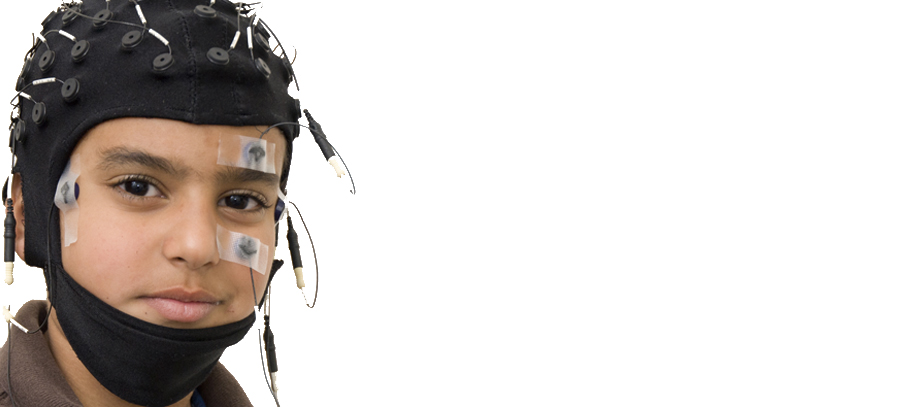
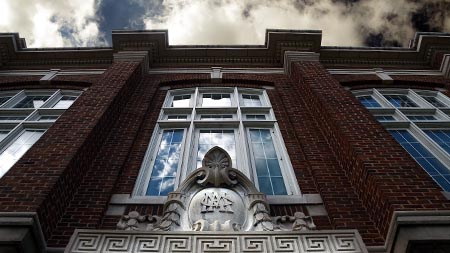
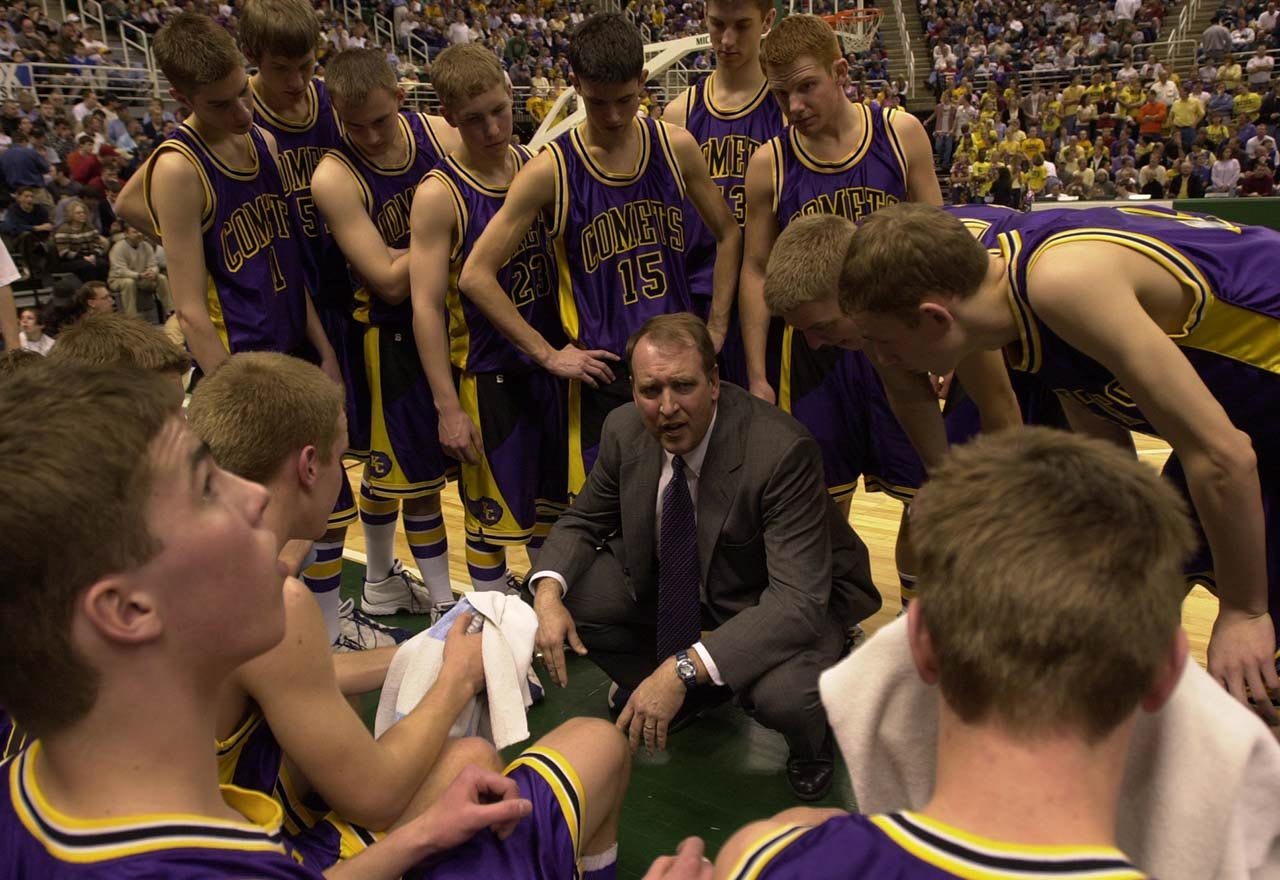
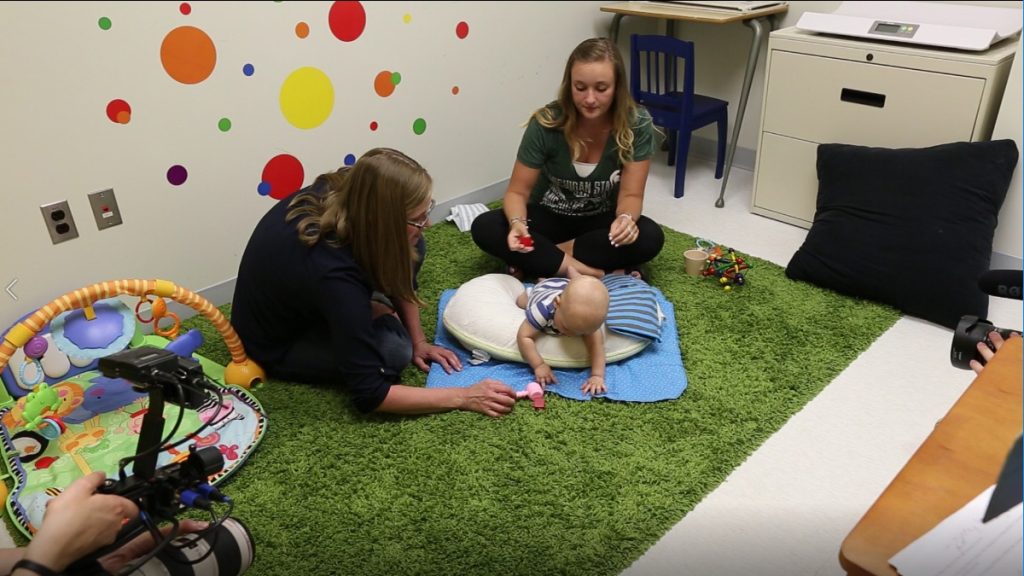
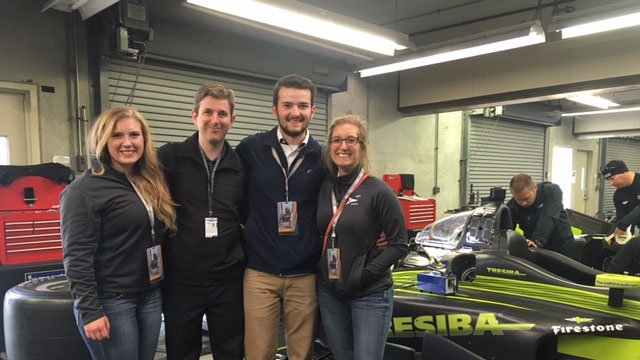
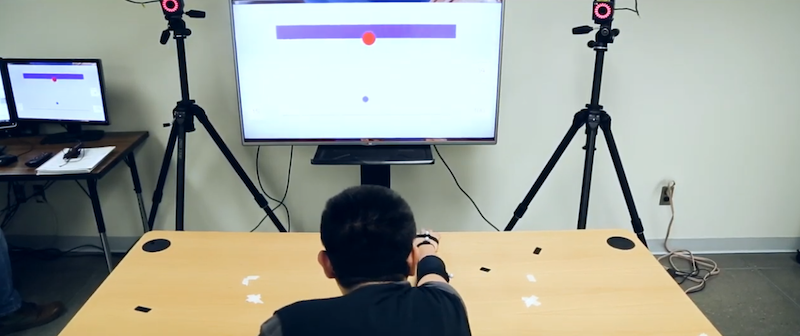
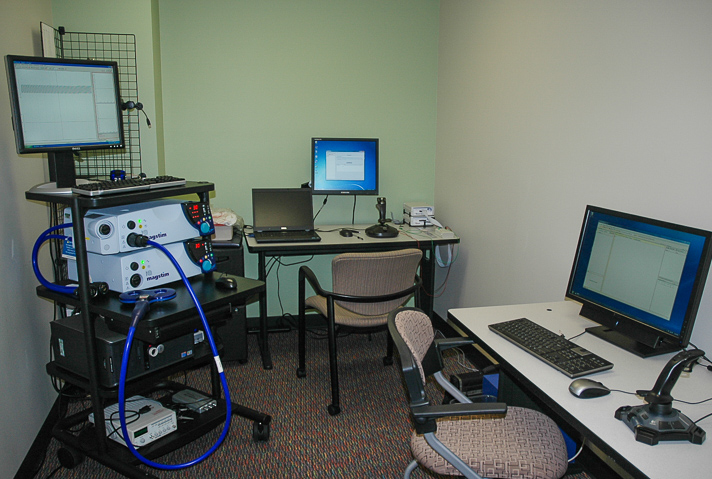
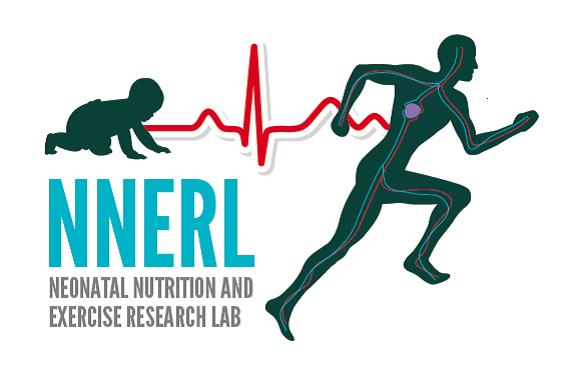
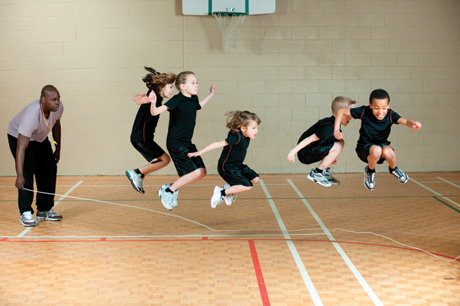

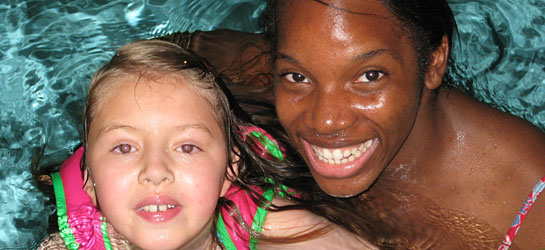
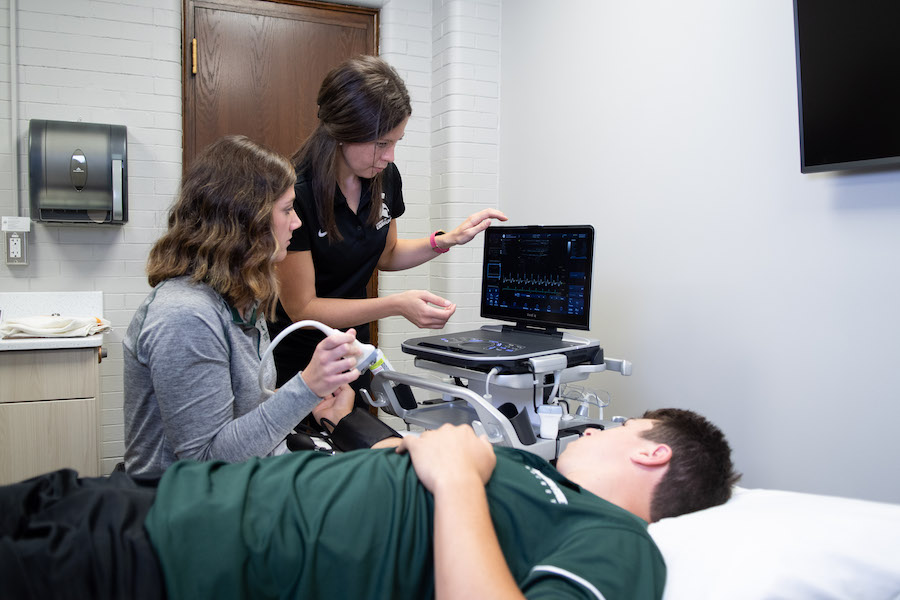
.png?h=315&iar=0&w=474)